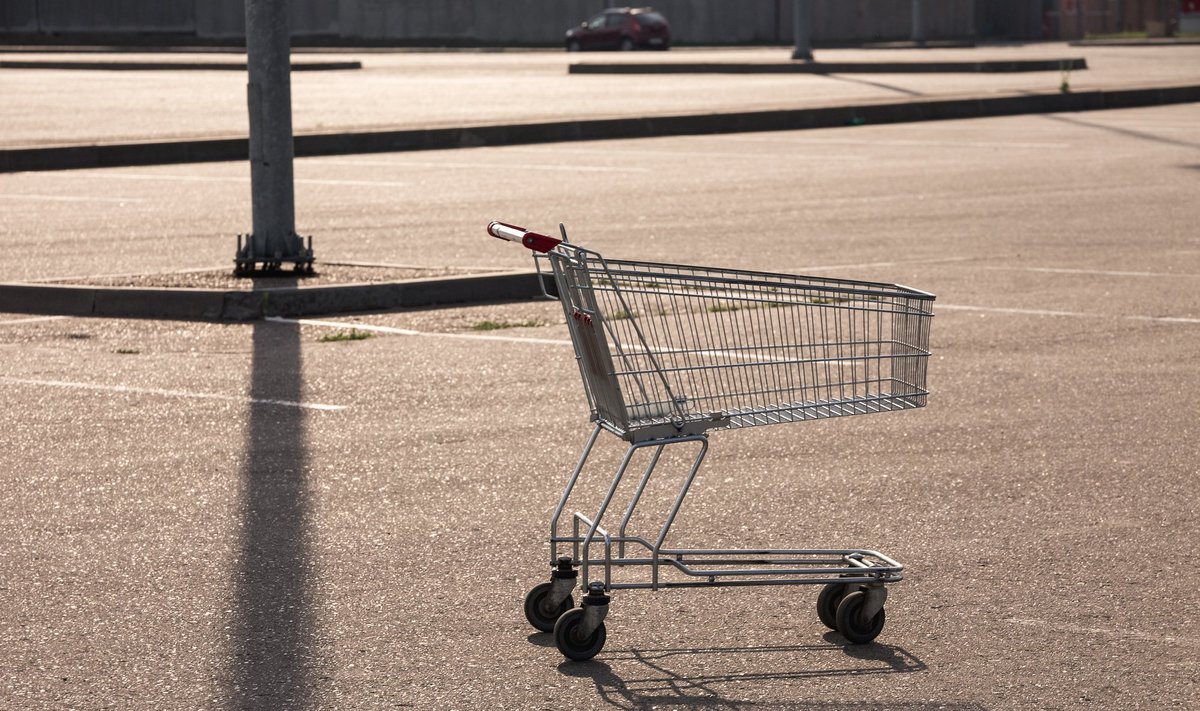Neringa Ulbaite, the head of the Lithuanian State Consumer Right Protection Authority, which commissioned the survey, said the aim was to look at whether dual food quality is a myth or a reality.
"Our consumers travel a lot and emigration processes have an impact, too, because people share their experiences (...)," Ulbaite told BNS.
"The purpose of the survey was to find out what consumers themselves think. It revealed that around 75 percent of consumers think that products sold in Lithuania have a somewhat different composition," the official said.
"Experiments were conducted, too. Consumers were given samples indicating that a product was made for the Eastern European market and another one for the Western European market. Most would be inclined to choose a product for Western Europe," she added.
While respondents believe that products made for Eastern Europe differ from those for Western Europe, they do not necessarily think that these products are of inferior quality, according to the official.
The issue of dual quality was first raised by the Czech Republic, Slovakia and Slovenia. Lithuania jumped into the fray after adopting the euro.
"It's no secret that the introduction of the euro has led to a sharp increase in food prices and expectations that product quality will be no worse than in other countries," Ulbaite said.
According to Rima Kalinauskaite, a data analyst, 70 percent of those surveyed believe that other products, such as laundry detergents, toys and medicines, are of dual quality, too.
Eighty-eight percent of respondents think that quality is the responsibility of producers, but only a third of those polled trust them.
The survey was conducted between last December and February through group interviews with consumers and direct online surveys. It covered international brands of coffee, chocolate, cheese, ketchup and other products.
